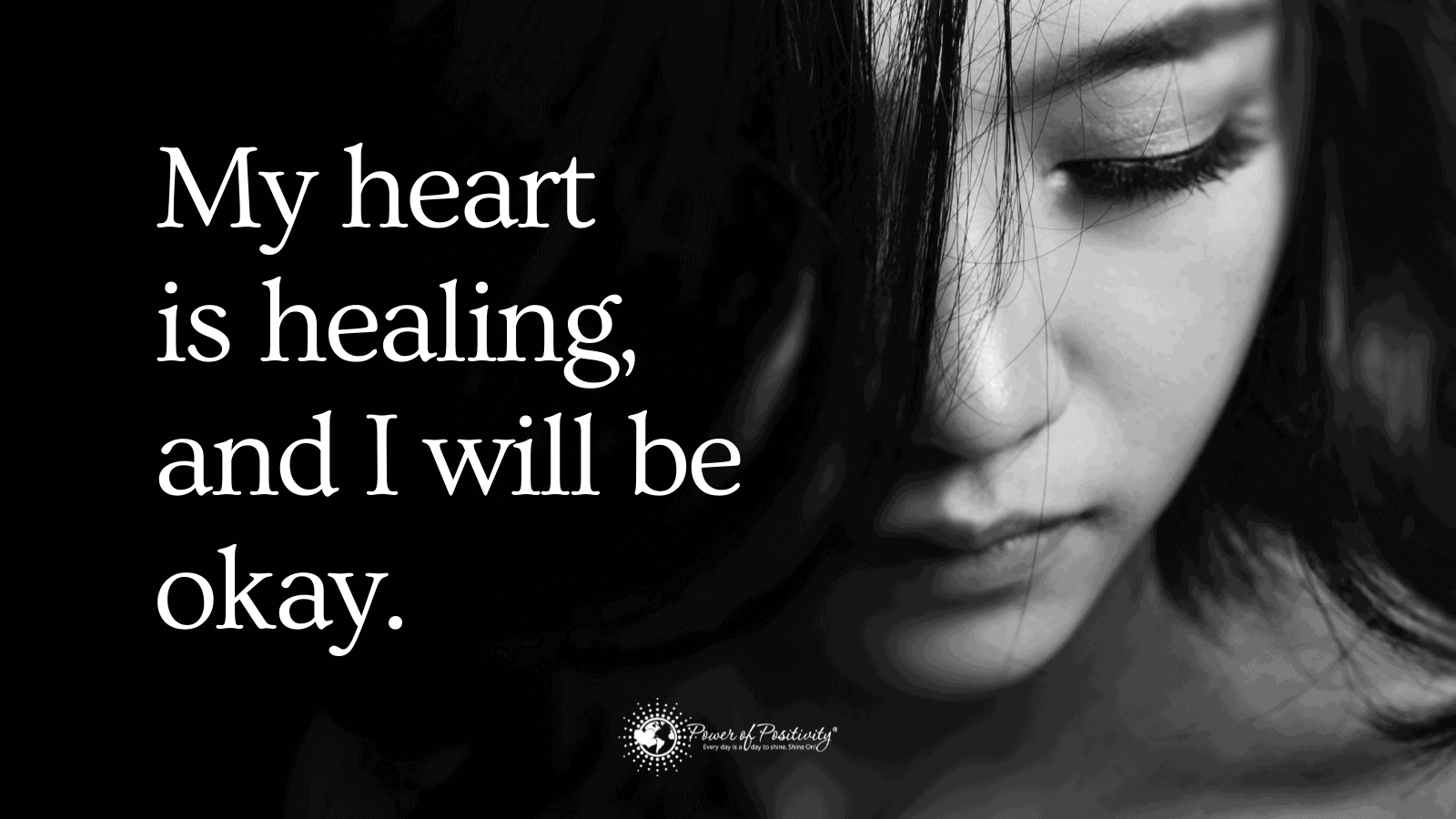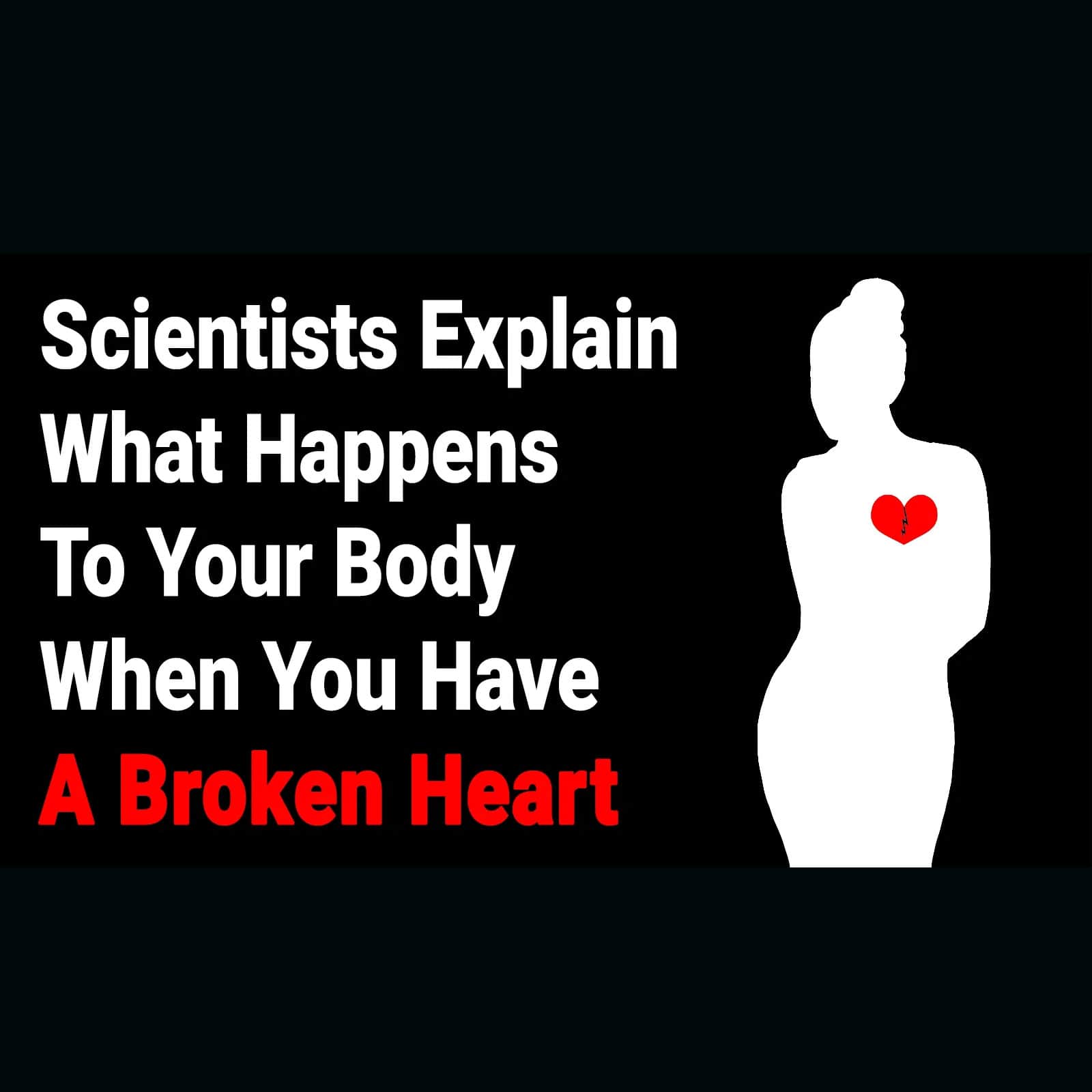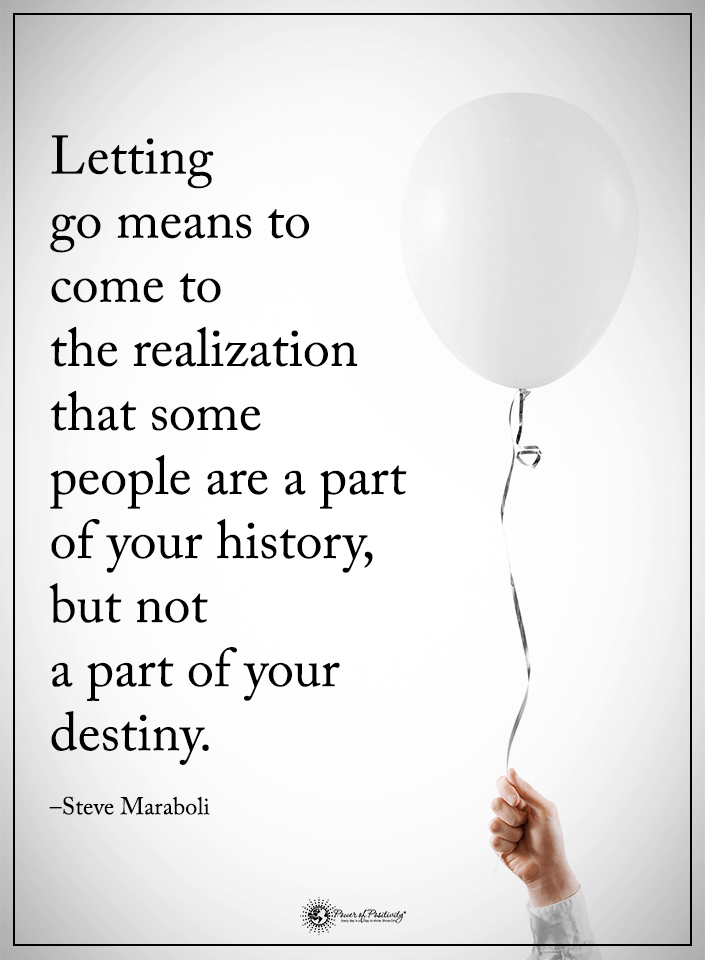Being heartbroken is something that can happen to anyone. We have all gone through bad breakups and were left feeling like we had a broken heart. While some people may think it’s all in your head, science says otherwise. There is scientific proof that broken hearts exist, and that they can have physical effects on your body.
According to the American Heart Association, “In broken heart syndrome, a part of your heart temporarily enlarges and doesn’t pump well, while the rest of your heart functions normally or with even more forceful contractions. Broken heart syndrome can lead to severe, short-term heart muscle failure.”
Science finally has some answers for those of us who have long healed from our broken hearts and those who are still in the process. Here’s what happens to your body when you have a broken heart.
“I think many people can relate to that excruciating pain of love gone wrong. I’d rather have a broken arm than a broken heart.” – Christie Brinkley
Here Are 5 Things That Happen to Your Body When You Have A Broken Heart
 1. Heartbreak affects your weight
1. Heartbreak affects your weight
When a relationship ends suddenly and ends with heartbreak, it can affect your weight. Usually, this concerns how well you cope with your emotions. For some people, eating can fill the hole the emotions leave behind. This might include binge eating or overeating, which can easily cause weight gain. For other people, getting heartbroken can cause their appetite to stop entirely. Appetite loss can result in someone eating less than they need to throughout their day. Weight loss after a heartbreak isn’t uncommon, because many people find eating hard. After a heartbreak, making planned meals can help keep weight under control, whether it’s overeating, or not eating enough.
2. Heartbreak causes depression
As we all know, the end of a relationship can be an incredibly tumultuous time for someone. When a relationship ends suddenly, or ends in heartbreak, what happens afterwards is usually a period of depression. Science and studies have proven that heartbreak can cause depression.
“When we looked at stressful life events that predisposed men and women to the onset of episodes of depression, the most toxic combination was loss and humiliation that in some way directly devalued the individual in a core role,” added psychiatric geneticist Kenneth S. Kendler, M.D.
After the end of a relationship where heartbreak is most probable, it’s essential to have a support system and someone you can talk to. Being able to discuss your feelings openly will make the depressive period after heartbreak much shorter, and help you get back on your feet.
3. Sleeping problems
After heartbreak, many people report having trouble falling asleep and staying asleep. Research has found that stress levels increase when you’re fresh from heartbreak. Increased stress levels cause a whole range of problems, especially when it comes to sleep.
Sleep specialist Chris Winter, M.D. says, “In the sleep world, stress is to sleep as yin is to yang — opposite forces that are forever linked. Stress prevents sleep. Sleep deprivation increases stress and its consequences.”
If you have recently experienced heartbreak, you may have more trouble falling asleep than normal. Finding ways to lower your stress levels before sleep will help you avoid a lack of sleep during a heartbreak. Meditation, tea, exercise, and journaling are all popular methods of helping lower stress levels so you can get some sleep and heal your heart.
4. Weakened immune system
Strangely enough, science has found that heartbreak affects our immune systems. This is due to stress, as well. When you have a heartbreak, stress levels increase. Increased stress levels will cause your immune system to weaken. You may notice you get cold or flu-like symptoms while experiencing heartbreak. You may feel fatigued, haggard and sickly. Try taking vitamins and eating foods that boost your immune system. One of the best ways to get your immune system back to working order is to lower your stress levels. Try doing stress-relieving activities while you’re working on healing your broken heart.
5. Heartbreak can cause physical pain
Most people can swear that they feel physical pain when heartbreak happens. There’s some truth to this, and science backs it up. Scientists believe that emotional and physical pain are processed in the same parts of the brain. So, when you’re going through an abrupt breakup, your heartbreak may very well feel like physical pain. The best way to deal with this kind of pain is to have some way of coping. Usually, doing physical activities will do the trick to help release that emotional pain: exercise, yoga, etc. Having a support system is also invaluable to processing your emotional pain.
Final Thoughts on Coping With a Broken Heart
Heartbreak is a very real concept. Felix Elwert, Ph.D., says, “Broken heart syndrome is a social condition that shows if your wife or husband dies, your mortality goes up and stays elevated for years. So you can almost ‘catch’ death from your spouse. It’s not a coincidence, it’s an effect…”
While it’s true that many people go through heartbreak every day, there are always ways to cope with it. Science shows that a broken heart can have physical symptoms in our bodies and minds. This also means that there are ways to deal with these symptoms. Time really does heal all wounds, and if you find healthy ways to cope, you’ll find that the pain gets less every day.





















